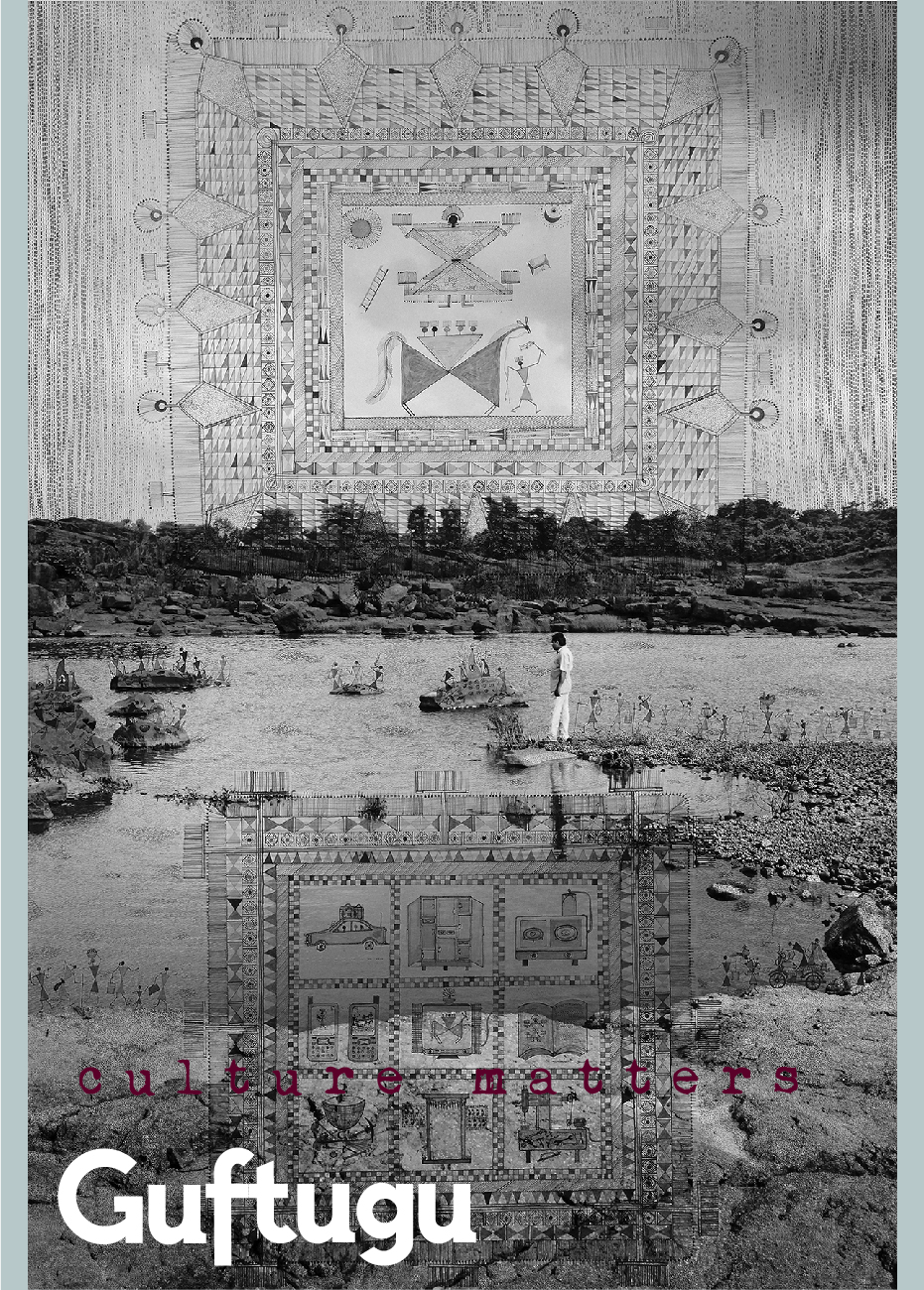Rusati Sen
Translation and Introduction by Souradeep Roy
Author archive for: shweta
Newsclick and ICF Report
Souradeep Roy and Sneha Chowdhury
Along with Kanupriya Dhingra’s Hindi Translations of Three Poems
Shailesh B.R.
Ashok Gopal
Telugu Writer Volga on Sisterhood and Mythology
Aparna Karthikeyan
Five Poems, accompanied by a reading
Gauri Gill and Rajesh Vangad
Rebellions on Paper and on the Streets
Two poems by the poet translated into Hindi by Kanupriya Dhingra
“Meaning in a story is like the scales of an onion.”
Salma
Translated by N Kalyan Raman
मनीषी जानी
Orijit Sen in conversation with Sneha Chowdhury
The Irony of Indo-Israeli Military Ties
Sampurna Chattarji responds to 16-year-old Junaid’s lynching
Chandan Gowda in conversation with K. Satchidanandan
‘She Will See a Bitter Moon’ by Manash Firaq Bhattacharjee
Is dissent not “Indian”? This apparently facetious question is indeed a sign of our times. A new anthology from the publisher Speaking Tiger,India Dissents: 3000 Years of Difference, Doubt and Argument, offers rich evidence from history, literature and current affairs to remind us of the many voices of doubt and contestation which make dissent in India. In his Introduction to the volume, poet Ashok Vajpeyi frames this varied legacy of argumentative viewpoints and narratives.
Manash Firaq Bhattacharjee
There is routine discrimination against non-conforming faculty members by the current JNU administration
Centre Disallows Films on Kashmir, Rohith Vemula and JNU Protests to be Screened at the Short Film Festival in Kerela
235 farmers commit suicide unable to payback farm loans in March, while BJP government was busy shielding big corporate defaulters.
“What if we call ourselves mainstream media? We don’t want to be a footnote to history”: In conversation with Gertrude Lamare and Tarun Bhartiya
Vanamala Viswanatha
जसिन्ता केरकेट्टा
जोहार
An interview with Professor Muzaffar Assadi
In conversation with the historian
Translated by Rupalee Burke
An interview with the writer and former IPS officer
Shashi Deshpande
Chandrashekhar Azad termed it as the beginning of the struggle for social justice.
‘When will this plot be foiled?’ Remembering the Revolutionary Somen Chanda on His Birth Anniversary
‘The national chauvinists violently killed Somen on 8 March 1942 at the tender age of twenty two.’
Ranbir Kaleka

